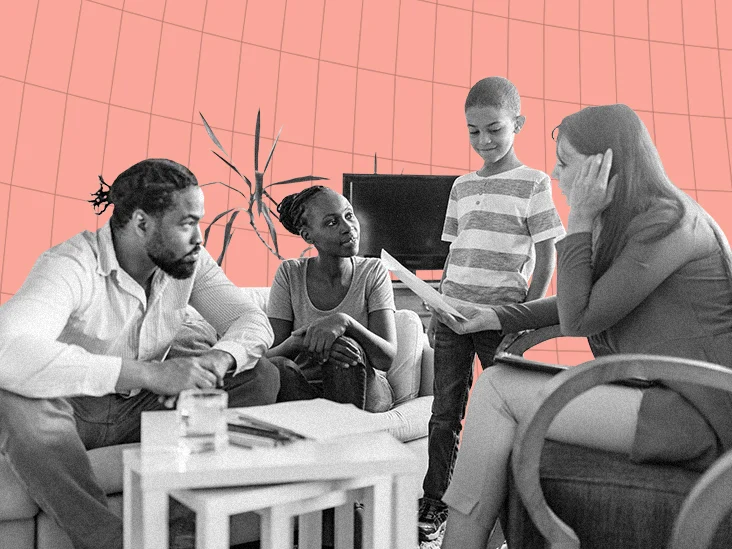
Family is the foundation of our lives. It is where we first learn to interact with others, communicate our needs, and form lasting relationships. However, just like any other relationship, family relationships can become strained over time. This can be due to various reasons, such as differences in personalities, financial stress, or changes in family dynamics. Family counseling is a valuable tool that can help strengthen family bonds, improve communication, and create a more positive and healthy family dynamic. In this article, we will explore the benefits of family counseling and how it can help families build stronger relationships.
What is Family Counseling?
Family counseling is a type of therapy that focuses on improving communication and relationships within a family. It involves working with a trained therapist who specializes in family dynamics and relationships. The therapist helps family members identify and address underlying issues that may be causing conflict, and provides guidance and support to help the family work through those issues.
Family counseling sessions typically involve all members of the family, although individual sessions may also be recommended in some cases. During the sessions, the therapist will facilitate discussions and provide strategies and tools to help family members communicate more effectively and resolve conflicts in a healthy and productive manner.
Benefits of Family Counseling
Family counseling has numerous benefits for families. Some of the key benefits include:
- Improved Communication
One of the main benefits of family counseling is that it helps improve communication within the family. Poor communication is often at the root of family conflicts, and can lead to misunderstandings, hurt feelings, and resentment. Family counseling provides a safe and supportive environment where family members can learn to communicate more effectively, express their feelings, and listen to each other. This can help family members develop a deeper understanding of each other’s perspectives, and foster a more positive and respectful family dynamic.
2. Resolving Conflicts
Another benefit of family counseling is that it can help families resolve conflicts in a healthy and productive manner. Conflict is a natural part of any relationship, but it can become destructive if it is not addressed in a timely and effective manner. Family counseling can help families learn to identify the underlying issues that are causing conflict, and provide strategies for resolving those issues. This can help family members learn to work together to find solutions, rather than resorting to blame and anger.
3. Strengthening Family Bonds
Family counseling can also help strengthen family bonds. By improving communication and resolving conflicts, family members can develop a deeper sense of trust, respect, and empathy for each other. This can lead to a stronger and more supportive family dynamic, where each member feels valued and supported. Strengthening family bonds can also help prepare families to face future challenges and transitions, such as aging parents or adult children leaving home.
4. Coping with Life Transitions
Family counseling can also be beneficial during times of transition or change, such as divorce, remarriage, or the birth of a new child. These transitions can be challenging for families, and can lead to conflict and tension. Family counseling can help families navigate these transitions in a healthy and positive manner, by providing support, guidance, and strategies for coping with the changes.
5. Addressing Mental Health Issues
Finally, family counseling can also be helpful for families dealing with mental health issues. Mental health issues can impact not only the individual, but also the entire family. Family counseling can help families learn to cope with these issues, provide support and understanding for the individual, and develop strategies for managing symptoms and improving overall mental health.


